
US to Send Delegation to Taipei After Taiwan’s Election
Ahead of the presidential and legislative election on Saturday in Taiwan, where cross-strait relations and how to deal with Beijing’s policy toward the self-ruled island are a central theme, Washington announced it will be sending a “high-level unofficial delegation” after the Taiwan election.
The move is likely to provoke Chinese ire.
Pre-empting a strong reaction from Beijing, a senior administration official told reporters in a briefing Wednesday that sending an unofficial delegation is consistent with Washington’s “One China policy, consistent with the status quo and timed after the election to ensure that we’re not endorsing one candidate or one party over the other.”
The visit will ensure clear communication with Taiwan’s president-elect of the importance of the U.S.-Taiwan partnership, the official said, giving clarity on “what U.S. One China policy is and what it is not.”
Under Washington’s “One China” policy, the U.S. acknowledges Beijing’s claims of sovereignty over Taiwan, which China considers a breakaway province, but does not endorse it.
The official declined to provide further details of the visit but said it will include former high-ranking officials. It’s not clear how China would react, the official said, underscoring that Washington has sent unofficial delegations to Taiwan before.
U.S. officials’ visits to Taiwan have angered Beijing. In response to then-House Speaker Nancy Pelosi’s visit to Taipei in 2022, Beijing launched joint military exercises around the island and suspended eight official military dialogues and cooperation channels with Washington.
China won’t like the trip but won’t have enough ground to oppose it, said Yun Sun, director of the China Program at the Stimson Center.
“These are former officials, and there are precedents,” she told VOA. “Beijing will pay more attention to what the winner of the election will say and do.”
Election interference
The U.S. official again warned China against its “long-standing practice” of interfering in Taiwan’s election. While Beijing attempts to “shape and coerce in various different ways” the outcome of Taiwan’s election, the official said, the U.S. “has full confidence in Taiwan’s democratic processes.”
“Taiwan is a model for democracy not only in the region, but also globally,” the official said. “We oppose any outside interference or influence in Taiwan’s elections.”
The official said the administration raised warnings against election interference in a meeting between Jon Finer, the U.S. principal deputy national security adviser, and Liu Jianchao, China’s minister of the International Liaison Department of the Central Committee of the Communist Party of China, in Washington on Wednesday.
Lai Ching-te, the incumbent vice president and the presidential candidate of Taiwan’s ruling Democratic Progressive Party, is narrowly leading in the polls.
The DPP has accused Beijing of election interference, attempting to sway voters using punitive trade measures and military activities, including a surprise Chinese satellite launch over Taiwan’s airspace earlier this week.
Beijing dismisses allegations that the satellite launch, which triggered an emergency alert in Taiwan, was timed to coincide with the last few days of Taiwan election campaign. They accused the DPP of “misleading the public and sowing panic.”
Lai’s opponents, New Taipei Mayor Hou Yu-ih of the Kuomintang Party, and former Taipei Mayor Ko Wen-je of the Taiwan People’s Party, propose improving communications with China. New Taipei is a neighboring city of Taipei.
A DPP victory would ensure continued tension with mainland China, with Beijing painting Lai as a separatist and pro-independence.
However, the senior administration official underscored that the health of the U.S. – China relationship is determined by factors beyond tensions over Taiwan.
“We are deeply engaged in diplomacy with China to try to manage difficult situations,” the official said. “Our expectation is not that the China’s going to change its cross-strait policy, it’s how do we manage this difficult time and try to avoid unintended conflict, ensure our intent is clear, and ensure that we are in communication.”
Washington says it opposes unilateral changes to the status quo from either side, does not support Taiwan independence and expects the cross-strait differences to be resolved by peaceful means.
Taiwan a dangerous issue
In their last face-to-face meeting in San Francisco in November, President Xi Jinping warned President Joe Biden that Taiwan is the most important and dangerous issue in the fractious relationship between the U.S. and China.
Biden has on at least on four occasions publicly said the United States is committed to defending Taiwan should it come under Chinese attack. Each time, his aides would walk back the statement, underscoring that the U.S. defense relationship is guided by the Taiwan Relations Act.
The 1979 Taiwan Relations Act states that the U.S. will provide arms for Taiwan to maintain a sufficient self-defense capability. It does not say the U.S. would intervene militarily to protect Taiwan in the event of a Chinese attack.
The U.S. considers China a strategic rival. The two countries are at odds over various irritants including trade issues, semiconductor supply chains and Beijing’s military activities in the South China Sea.
Both capitals have been working to improve communication to prevent tensions from escalating and to address global problems such as climate change, artificial intelligence and the scourge of fentanyl.
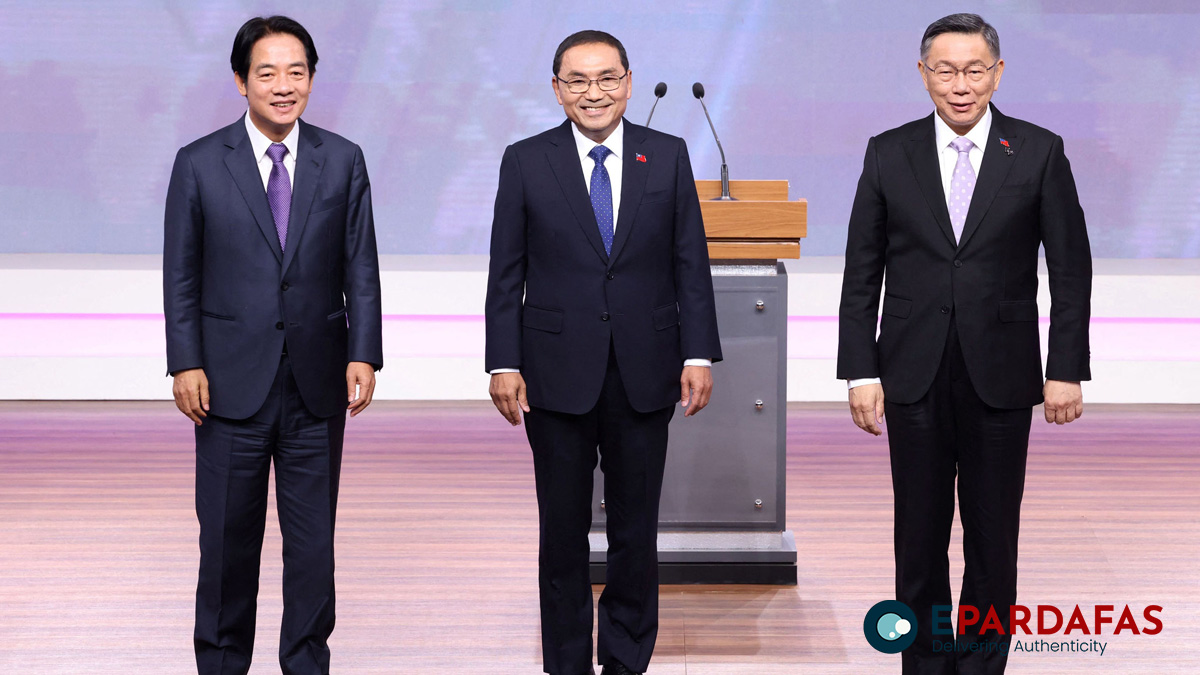

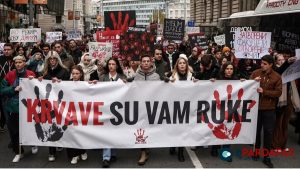

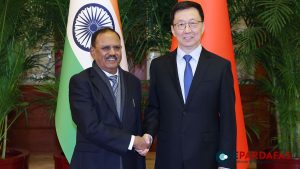
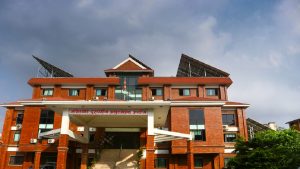

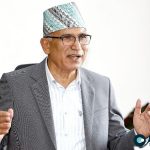




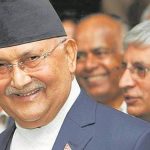
Comments